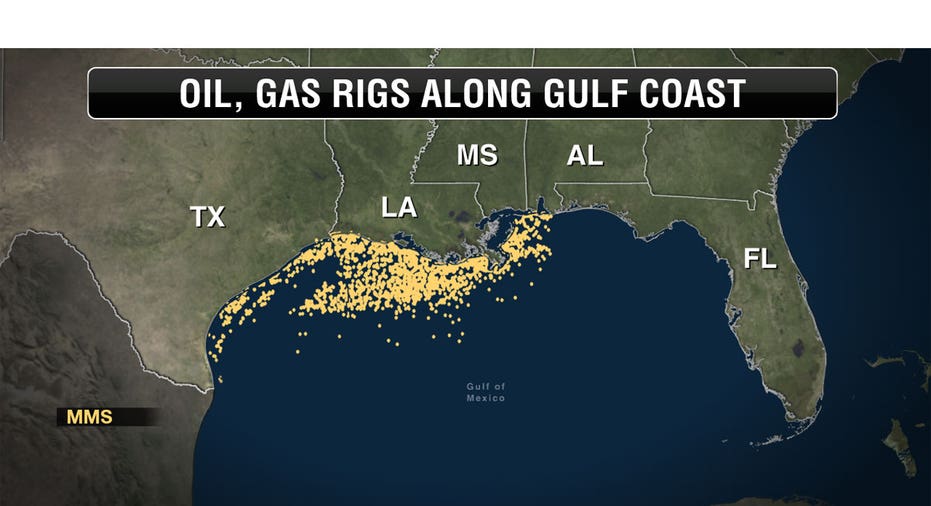Oil down 2%, breaks five-week rally as oversupply fears resurface

Oil futures fell more than 2 percent on Friday, ending Brent crude's longest multi-week rally in 16 months as oversupply concerns reappeared as producers have started hedging future drilling.
Brent futures settled down 2.4 percent, or $1.38 a barrel, to $55.62, snapping a five-week winning streak that was the longest since June 2016. For the week, Brent lost 3.3 percent.
U.S. West Texas Intermediate (WTI) crude dropped $1.50 to $49.29, a 3 percent decline, putting losses on the week at 4.6 percent.
Russia clarified remarks made by President Vladimir Putin about the oil market earlier this week, saying he did not propose extending a global oil output cut deal but said he recognized it was a possibility.
"Yesterday we had Russia and the Saudis talking about extending cooperation, and today we saw a little bit of backtracking with respect to additional cuts in production." said Houston-based consultant Andrew Lipow. "What the market gained yesterday is clearly being given back today."
The prospect of extended oil production cuts by the Organization of the Petroleum Exporting Countries and other producers led by Russia had supported prices in recent sessions.
Saudi Arabia's energy minister said on Thursday he was "flexible" about prolonging the production-curbing pact until the end of 2018.
However, concerns linger about growing U.S. crude exports, due to a hefty WTI discount to Brent prices, which makes U.S. oil more competitive.
U.S. crude exports' rise to a record of nearly 2 million barrels per day last week and the growth in U.S. production to 9.56 million bpd has fanned some concerns about oversupply.
Producer hedging has picked up as oil hit $50 a barrel, according to Bank of America analysts, who said that if producers keep boosting hedging, "they can limit the sensitivity of production to spot prices and continue to increase output in 2018."
BofA noted that about 115 million barrels have been hedged since late August after lower-than-usual volumes of hedging in the early part of the year.
Supply may be somewhat restricted in the coming week, however, as the impending arrival of Tropical Storm Nate had already shut in 70 percent of offshore U.S. oil and gas production, according to the U.S. Bureau of Safety and Environmental Enforcement.
The lack of a rally on Nate's approach suggests that perhaps "the risk premium is baked into the cake from the active hurricane season, which is going to be gone soon," said Richard Hastings, macro strategist at Seaport Global Securities in Charlotte.
The Baker Hughes' report on the U.S. oil drilling rigs, an early indicator of future output, showed the rig count fall in for the fourth week out of the last five.
(By Jessica Resnick-Ault; Additional reporting by Henning Gloystein in Singapore and Karolin Schaps in Amsterdam; Editing by Marguerita Choy and Susan Fenton)



















